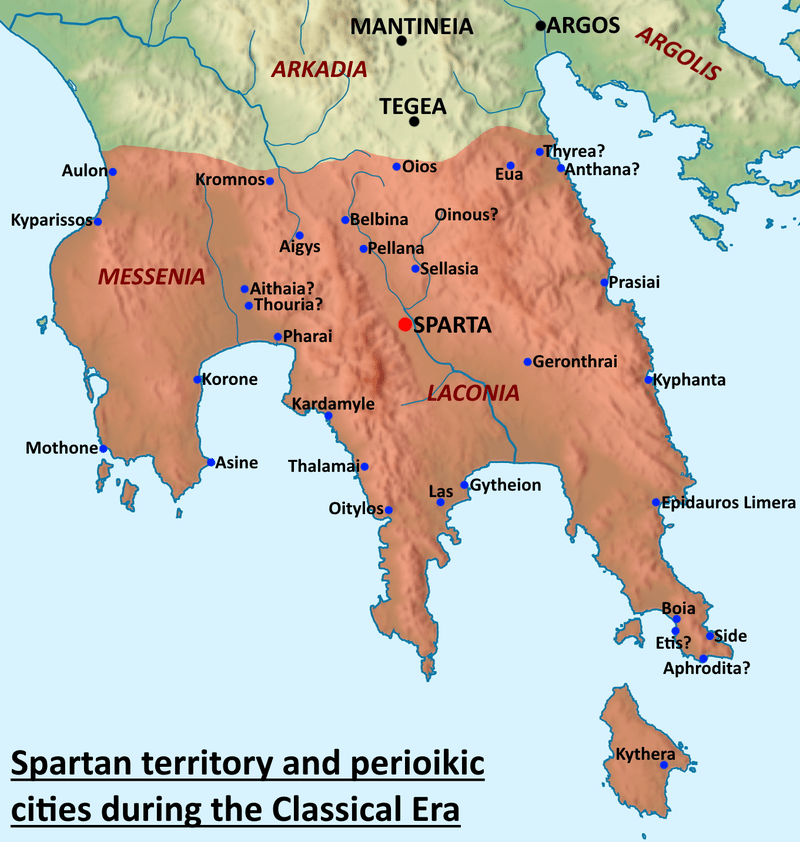Bricks of the Pantheon
Last week, I wrote a blog post about the Pantheon. As I was writing it, I remembered something from a lecture I attended a few years ago. That lecture had been given by Edwin de Vries, an archaeologist who has contributed to both Ancient Warfare and Ancient History magazines. I remembered there had been some issues as regards the bricks of the Pantheon, but I couldn’t recall the details.
Fortunately, Edwin’s only an email away and he was kind enough to refresh my memory; my thanks to him. The main issue with the bricks is their date. I wrote in my blog post that the Pantheon is dated to the reign of Hadrian, i.e. AD 117–138, and that this date is based largely on the stamps found on the majority of bricks inside the structure. This is indeed the generally accepted story as regards the date of the Pantheon. However, the reality is quite a bit more muddled.
Edwin sent me a link to an article by Lise M. Hetland, entitled ‘New perspectives on the dating of the Pantheon’. This article deals with the main reasons for dating the Pantheon to the reign of Hadrian and it shows that things are much less secure than we generally assume. For example, the written sources themselves are contradictory. The idea that Hadrian was too modest to inscribe his own name into the Pantheon’s facade originates from the Scriptores Historiae Augustae – perhaps not the most trustworthy source around.
When we turn to the archaeological evidence, the brickstamps point in a very specific direction: a large number of them date to the reign of Hadrian’s immediate predecessor, Trajan (AD 98–117). It seems therefore likely that construction of the Pantheon began before Hadrian became the ruler of the Roman Empire. Hetland suggests that construction started 114–116, and builders perhaps started planning the construction of the new Pantheon shortly after the fire of AD 110.
Hetland concludes that ‘Going back over and revising the conclusions of earlier research may appear to be a negative kind of activity, but whenever they are too easily taken for granted it becomes imperative.’ I couldn’t agree more.




